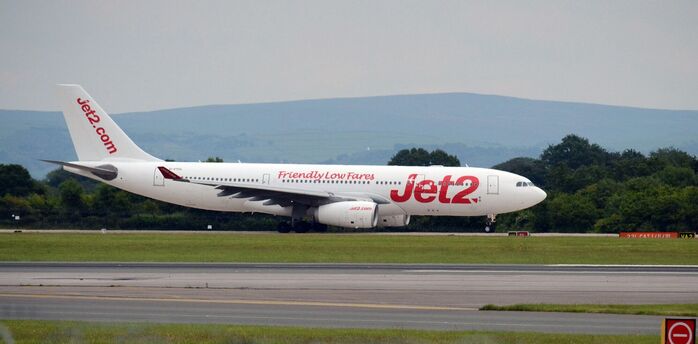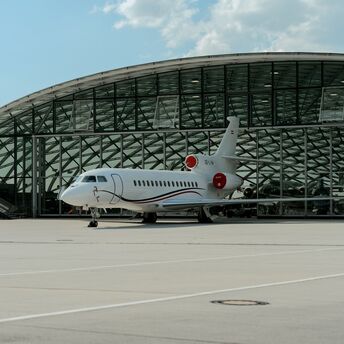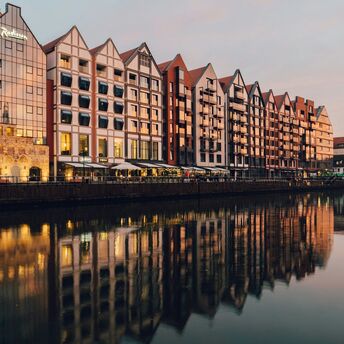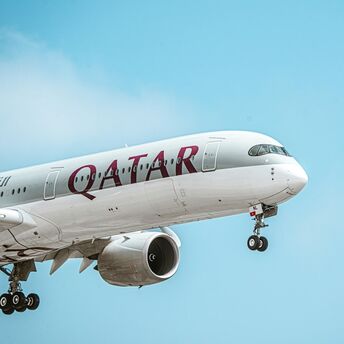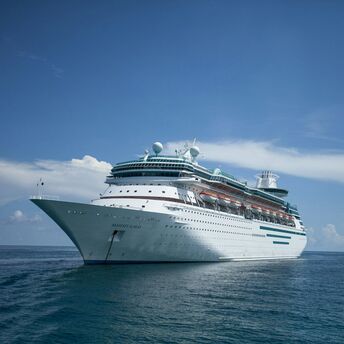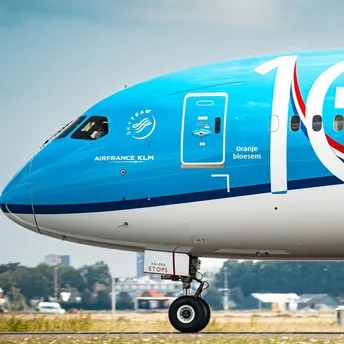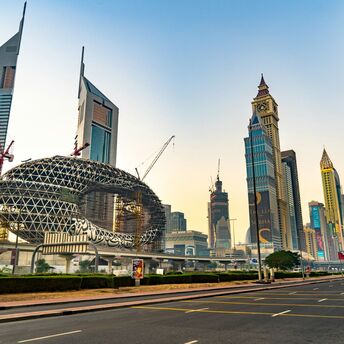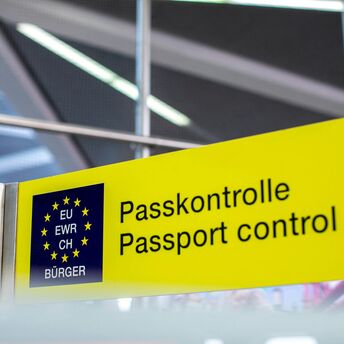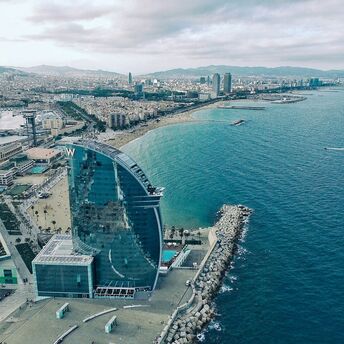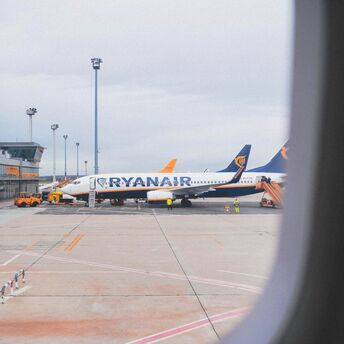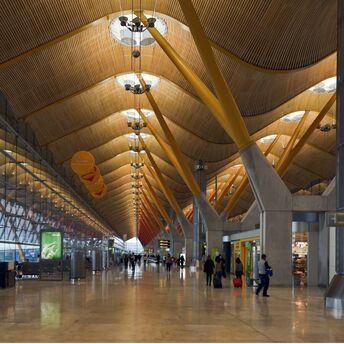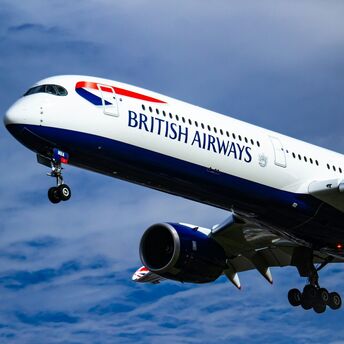East Coast Rail Closures: Impact on Travelers
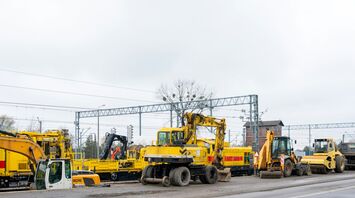
Rail users on the primary East Coast route should prepare for interrupted services over two consecutive Saturdays and Sundays due to major infrastructure enhancements. London King’s Cross station will close on the twenty-fifth and twenty-sixth of January and the first and second of February to allow for critical enhancements for the railway tracks, power lines, and drainage facilities. Connections between London and towns such as Peterborough, Royston, and Stevenage via Hertford North will be unavailable during this time.
Limited rail operations will also impact other northern routes, with substitute buses covering specific segments of the journey. These updates are part of a £1.4 billion refurbishment initiative to introduce on-train digital signaling under the East Coast Digital Programme. This initiative seeks to improve durability and ecological performance in rail services. Passengers are encouraged to verify timetables and anticipate potential delays during these works.
The scheduled interruptions are likely to hinder travel for those planning trips to popular tourist destinations accessible via the East Coast rail network. Well-known cities such as Cambridge, York, and Newcastle may become harder to reach for weekend tourists depending on these lines. Furthermore, delays or alternative arrangements could complicate visits to historical attractions or participation in events in these locations.
Frequent travelers who enjoy scenic visits to areas near Peterborough or Hertfordshire’s countryside will also encounter challenges. The absence of direct services might compel some to reconsider or cancel their plans. While alternative transport options will be available, longer travel times and reduced convenience could deter people from embarking on short recreational trips.
These service interruptions underscore the balance between temporary setbacks and future benefits. For passengers, the message is clear: plan thoroughly, remain adaptable, and consider alternate travel arrangements. While these disruptions may cause inconvenience now, they pave the way for a rail system that is more efficient, environmentally friendly, and capable of supporting smoother travel experiences in the years ahead.


